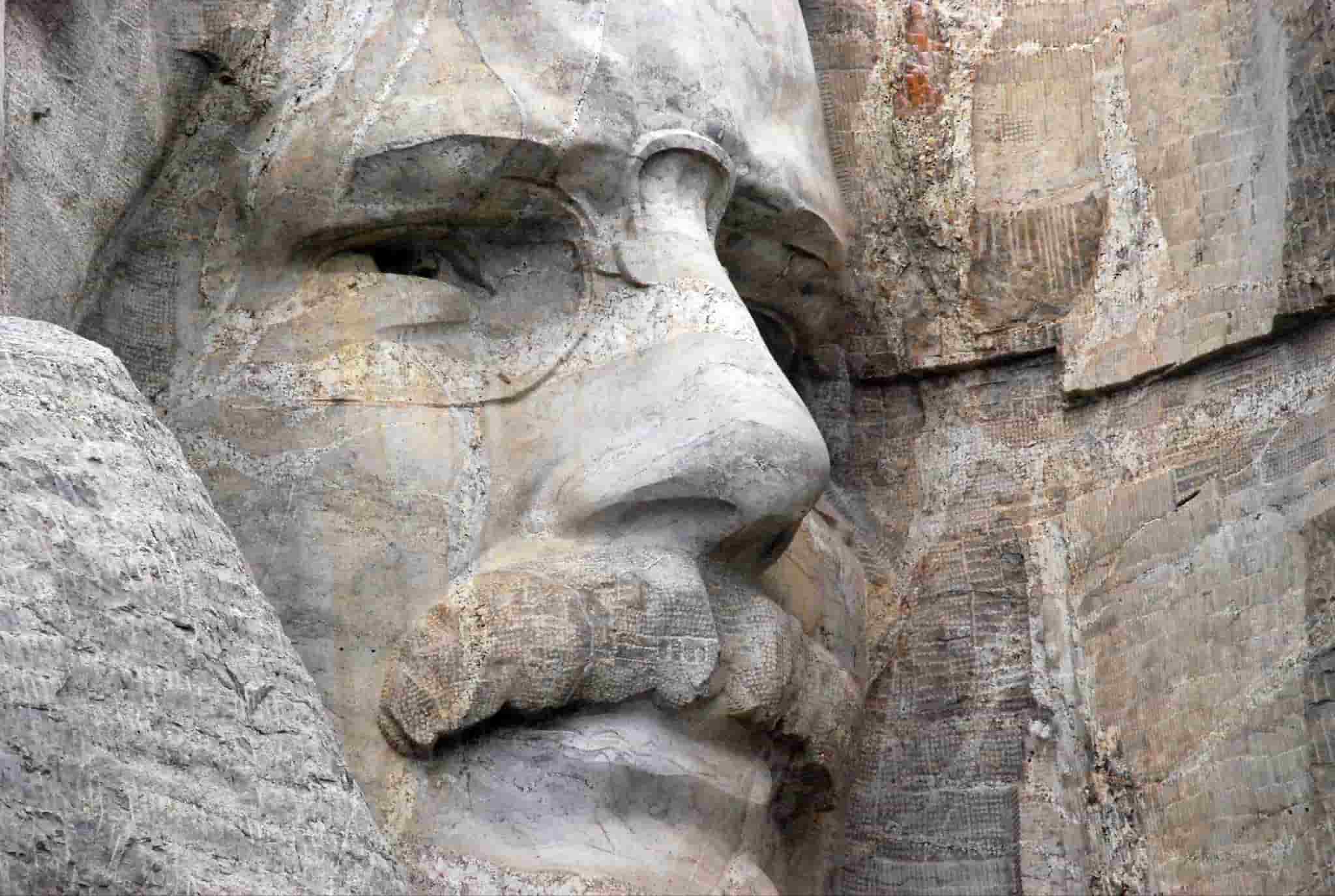
TLDR: Theodore Roosevelt’s “Citizenship in a Republic” speech emphasizes the virtues of active participation in democracy and the responsibilities of individual citizens. Learn Roosevelt’s powerful communication techniques, and what today’s communicators can learn.
So What? Understanding the rhetorical strategies used by Roosevelt can empower modern communicators to paint images with words, engage audiences emotionally, and drive home their messages effectively.
Theodore Roosevelt’s “Citizenship in a Republic” speech, commonly known as “The Man in the Arena,” was delivered on April 23, 1910, at the Sorbonne in Paris, France. The speech is one of Roosevelt’s most famous and is often cited for its emphasis on the virtues of individual effort, civic duty, and the responsibilities of citizenship.
This speech emphasizes the importance of active participation in democracy, the value of courage and effort over mere criticism, and the responsibilities of individual citizens in shaping and preserving the republic. Roosevelt contends that the success and health of a democratic society hinge not just on its institutions but on its citizens’ character, actions, and virtues.
Here’s what great communicators can take away from this great speech.
Use Your Words to Paint Pictures and Persuade Audiences
The speech is a call to action for individuals to participate actively in the democratic process. Roosevelt argues that the key to preserving democratic institutions lies in the character of individual citizens, not the system itself. He emphasizes that it is not enough to be a critic; we must also be willing to get into the “arena” and take action, even at the risk of failure.
One of the most quoted passages from the speech is the “Man in the Arena” segment, where Roosevelt praises the individual who is willing to strive, to dare, and to endure hardship for a worthy cause, even if he fails, over the critic who stands on the sidelines:
“It is not the critic who counts; not the man who points out how the strong man stumbles, or where the doer of deeds could have done them better. The credit belongs to the man who is actually in the arena, whose face is marred by dust and sweat and blood; who strives valiantly; who errs, who comes short again and again, because there is no effort without error and shortcoming; but who does actually strive to do the deeds; who knows great enthusiasms, the great devotions; who spends himself in a worthy cause; who at the best knows in the end the triumph of high achievement, and who at the worst, if he fails, at least fails while daring greatly, so that his place shall never be with those cold and timid souls who neither knows victory nor defeat.”
The imagery here is quite purposeful. Roosevelt is speaking to a room of individual leaders from France and around the world… those who, more likely than not, were able to live a life much more privileged than the common working man and woman.
By painting the picture of the arena as one of combat, with “dust and sweat and blood” he draws us to think about the struggle to exist in a participatory democracy, both as individuals and as citizens. This understanding counteracts what he sees as the privilege of freedom–the understanding of the responsibility of leaders and citizens alike.
Calling Upon Virtues to Universalize the Audience Experience

Roosevelt’s speech is a powerful reminder of the role of individual agency in a democratic society. He argues that a republic’s quality depends on its citizens’ character and actions. Towards that, Roosevelt emphasizes the importance of civic virtue and moral character, stating that these are more important than mere intellectual ability or technical skill.
This was critical for the functioning of a republic. He states that:
“It is well if a large proportion of the leaders in any republic, in any democracy, are, as a matter of course, drawn from the classes represented in this audience today; but only provided that those classes possess the gifts of sympathy with plain people and of devotion to great ideals.”
He argues that within a republic, it’s necessary to have men and women who participate daily. But he also notes that leadership, those who can lead, must remember their privilege–to learn, to study, to have leisure. “To you and your kind, much has been given,” he says, “and much should be expected from you.”
Using Contrasting Values to Foreground Action, Responsibility, and Citizenship
To this end, Roosevelt exhorts the listener to act rather than criticize. He emphasizes that it is easy to sit back and become “the critic,” or the person who talks about people doing things rather than doing things themselves.
Also, by juxtaposing the active citizen with the passive critic, Roosevelt effectively highlights the value of having virtues (criticism/action, leisure/work, devotion/non-commitment), specifically of one set of values over the other. This contrast technique can be a powerful tool for communicators, allowing them to clarify their stance and persuade their audience by presenting opposing viewpoints or scenarios. More specifically, it allows him to define his idea of virtues positively:
“There is little use for the being whose tepid soul knows nothing of great and generous emotion, of the high pride… of the men who quell the storm and ride the thunder… it is the war-worn Hotspur, spent with hard fighting, he of the many errors and valiant end, over whose memory we love to linger, not over the memory of the young lord who ‘but for the vile guns would have been a valiant soldier.’”
Speaking to a Universal Idea of Citizenship
Above all, Roosevelt speaks to the universal drive towards community and citizenship and all the courage, responsibility, and strength it demands. For him, there is no sitting on the sidelines–those blessed to live in a republic must be “the man in the arena” as part of our duty to each other.
If you need help crafting powerful messages, reach out to the team at Media Shower, who can help you change the world. Click here to try Media Shower’s award-winning content platform for free.
